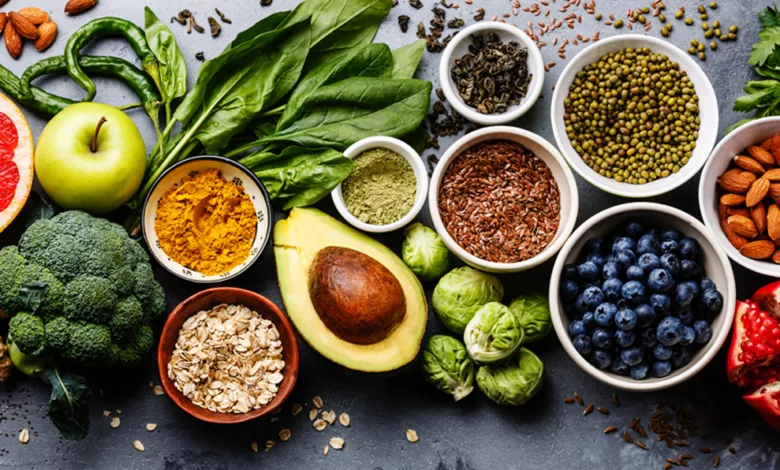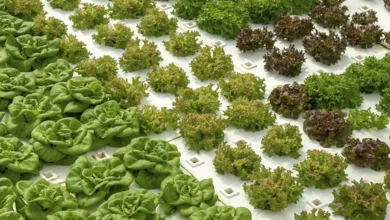Why Buy Organic Food?

Have you noticed how the Produce Department has grown more sizeable at your local grocery store? Have you seen signs announcing products sourced from local farmers? Eating healthier is on the rise!
Organic food sales in the United States rose 5.9% in 2018 to reach $47.9 billion, according to the Organic Trade Association’s 2019 Organic Industry Survey. Sales of organic fruits and vegetables made up 36% of all organic food sales in 2018, alone — accounting for nearly 15% of all U.S. fruits and vegetable sales in 2018. The growth is expected to continue.
Eating organic is key to your overall health. For example, think about the salad you may eat, every day. Non-organic tomatoes, cucumbers, celery and leafy greens contain commercial chemicals and pesticides. According to the Organic Center (organic-center.org), conventional farmers apply anywhere from two to 12 or more synthetic pesticides to their crops, on average.
Organic does indeed cost more than non-organic to compensate the grower for the additional costs. However, organic foods have gone mainstream, with the four largest U.S. retailers (Costco, Kroger, Target and Walmart) keeping up with consumer demand.
Here are three key reasons to help shift your grocery habits toward organic and positively impact your health:
- Reduce your intake of commercial chemicals and pesticides by starting with fruit and vegetables, then move to other food categories such as dairy or grains.
- Support organic farmers. Organic farming practices reduce pollution and soil erosion, conserve water, increase soil fertility, and use less energy. The soil in organic farms absorbs more carbon than that of commercial farming.
- Trust the USDA seal, which ensures buyers the product contains at least 95% organic ingredients.
So next time you go to the market, shop with intention and consider buying organic. Start with just a few products. Your body will thank you. Your organic farmers will appreciate you.
And your environment will be more sustainable.





